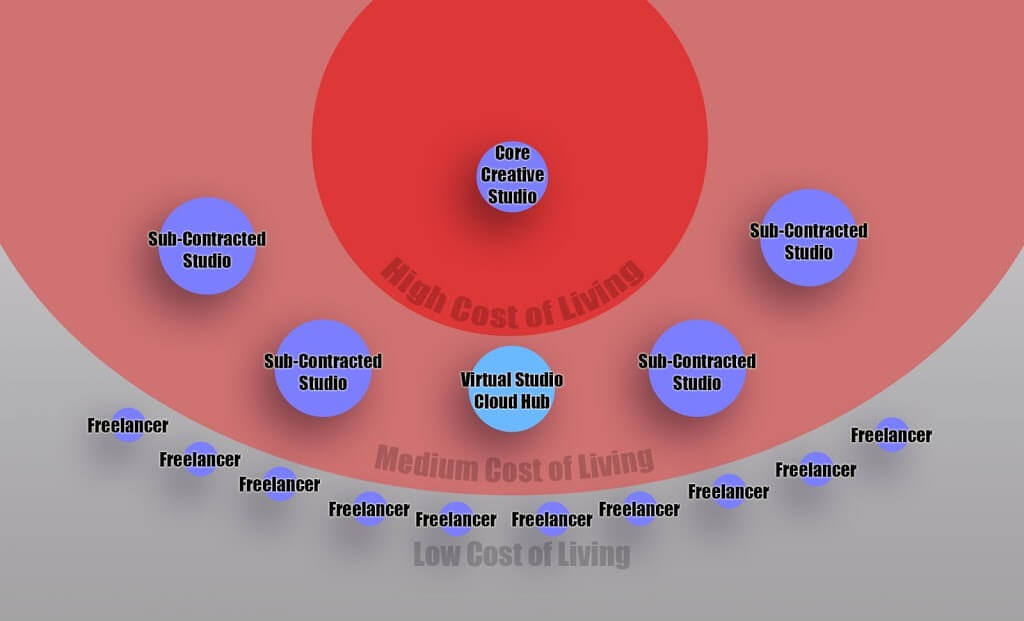The Wrong Rock
by Michael Cawood
December 6, 2019
in 1) Direction, 5) Animation, animated, animated film, animated filmmaker, animated short, animatic, animation studio, animator, Artist, award, behind the scenes, cartoon, character, character design, Cinematic, collab, collaboration, collabs, coop studio, crowd funding, cute, design, editing, festival, Film, filmmaking, Finish your Film, grant, HEROmation, How to cheat in Maya, indiegogo, Los Angeles, michael cawood, movie, Movies, premiere, Previs, Previsualisation, producer, production, remote, remote collaboration, short film, story, storyboard, storyboard artist, storyboarding, supervisor, VFX, visual effects, YouTube0 comments
Siggraph 2017 Panel – Online Studios
by Michael Cawood
June 14, 2017
in 1) Direction, animated, animated film, animated filmmaker, animated short, animation studio, behind the scenes, coop studio, Film, filmmaking, HEROmation, Los Angeles, producer, production, short film, short film animation, work from home0 commentstags: Artella, Online Studio, Siggraph, The Wrong Rock

Tips for Making Films with a Remote Team
by Michael Cawood
July 21, 2015
in 1) Direction, 5) Animation, animated, animated film, animated filmmaker, animated short, animation studio, animator, collab, collabs, coop studio, devils, devils angels and dating, Film, Finish your Film, How to cheat in Maya, michael cawood, ocean maker, off-site, on-site, online, production, remote, remote collaboration, short film, short film animation, story, supervisor, the ocean maker, the oceanmaker, theory animation, YouTube0 comments

Showing my portfolio at Disney Florida
by Michael Cawood
September 18, 2014
in 5) Animation, animated feature, animated film, animated filmmaker, animation studio, animator, Disney, employee, michael cawood, Showreel0 comments

Virtual Studios and Remote Collaboration
by Michael Cawood
September 1, 2013
in animation studio, collab, collabs, coop studio, devils angels and dating, love in the time of advertising, remote, remote collaboration, theory animation, virtual studio0 comments



You must be logged in to post a comment.